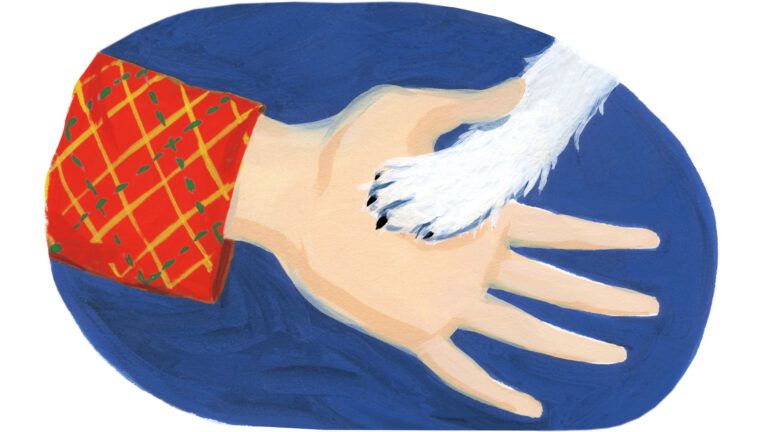What are your top worries today? Your kids? Your job? Your marriage? Money? Health? All of the above?
You’re not alone. Everyone worries—right? What else are we supposed to do? There are so many things to be anxious about. Some of us are even anxious about our high anxiety levels. We worry about our blood pressure, which only increases our blood pressure.
But the cure for worry is not worrying less. It’s praying more.
I have believed for years—and have told as many people as I can get to listen—that I think worry and prayer are two sides of the same coin. Worry is simply “negative prayer.” Or, if you prefer, “anti-prayer.” It is the opposite of praying. You can worry, or you can pray, but you can’t do both. Worry negates prayer. Prayer cancels worry.
I think that’s why, in Philippians 4:6, Paul, the great first-century church planter, told the people in the Philippian church, “Do not be anxious about anything, but in every situation, by prayer and petition, with thanksgiving, present your requests to God” (Philippians 4:6, NIV). The antidote to anxiety or worry, in every situation, is to present your requests to God. To put it even more briefly, “Don’t worry, pray.”
It may sound simplistic but it is not easy. Consider two scenarios:
Scenario 1: You’re worried about your health. You’ve noticed things but haven’t told anyone. You should probably see a doctor, but that takes time—and money. And that brings up another worry: finances. You never seem to have enough, and you’re sure your health insurance premiums will skyrocket next month. Which ignites your worry for your health again, and you’re right back where you started.
In that scenario, you’ve expended a lot of energy and gotten nowhere. Worse, your anxiety may actually make things worse, exacerbating your health issues and exhausting your energy to review your budget.
Scenario 2: You’ve noticed a few things that could prompt you to worry about your health, so you turn to prayer. “God, thank you for Your invitation to cast all my cares on You, knowing that You care for me (1 Peter 5:7). I don’t know what’s going on with me health-wise, but You do. I don’t even know where the money would come from to see the doctor but if that’s what I need, help me to trust You to supply all my needs according to my riches in Christ Jesus (Philippians 4:19). Heal me. Help me. Handle all this for me and give me wisdom, in Jesus’ name, amen.”
That may not be how you pray but it does present a contrast. The first scenario fills your mind, heart and body with fear, anxiety and stress. The second empties your mind, heart and body of those harmful substances while also drawing you and God closer together. And, since God loves to answer prayer, it produces positive effects—some you may hope for and others you may not expect—in you and for you.
So what are your top worries today? Start there. In those situations, “by prayer and petition, with thanksgiving, present your requests to God. And the peace of God, which transcends all understanding, will guard your hearts and your minds in Christ Jesus” (Philippians 4:6-7, NIV).




